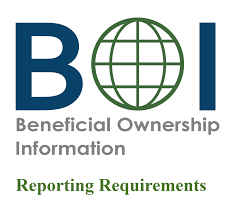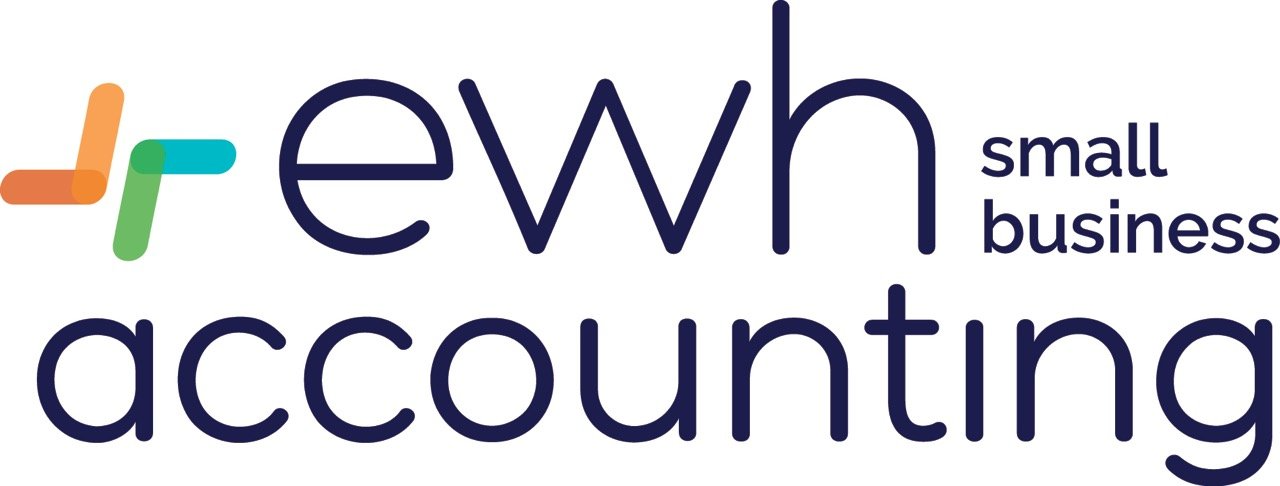Tax Pros Urged to Help Clients Set Up IRS Online Accounts
February 17, 2025
Tax Pros Urged to Help Clients Set Up IRS Online Accounts
As the tax season gets into full swing, concerns are mounting over potential staffing cuts and other changes at the IRS impacting service levels for tax professionals and taxpayers alike. While employees who are critical for the 2025 filing season are not projected to be part of the recently announced federal employee buyout, tax professionals are strongly encouraged to advise their clients to establish IRS online accounts to help streamline interactions with the agency and avoid delays.
The IRS online account platform allows taxpayers to access a range of critical services, including:
Viewing tax balances and payment history
Accessing transcripts for prior years' tax returns
Receiving notifications of any tax-related issues
Setting up payment plans or managing direct deposits for refunds
Benefits of Online Accounts
For taxpayers, an online account provides a convenient, self-service option to manage tax obligations without relying on long wait times for IRS phone or in-person support. Tax professionals also benefit by having clients who can access key documents and information quickly, allowing for more efficient tax preparation and issue resolution.
"With staffing constraints at the IRS, delays in correspondence and support are inevitable," said Scott Artman, Chief Executive Officer of NATP. "Encouraging taxpayers to establish online accounts now can significantly mitigate these delays and ensure a smoother tax filing process."
How Tax Professionals Can Help
Tax professionals are critical in educating clients about the benefits of IRS online accounts and guiding them through the setup process. Steps for clients include:
Visiting the official IRS website at www.irs.gov/account
Creating an ID.me account or verifying their identity through an existing login
Securing their account with two-factor authentication for added protection
Taxpayers should be reminded to use secure internet connections and avoid public Wi-Fi when accessing sensitive financial information, ensuring they feel secure and protected.
Preparation Is Key
With the IRS's potentially limited resources, preparation is key for both tax professionals and their clients. By acting now, taxpayers can take control of their tax matters, reduce the risk of service disruptions, and ensure timely compliance with filing requirements, providing a sense of relief and reducing stress.
For more information on establishing an IRS online account, visit https://www.irs.gov/payments/online-account-for-individuals.

Thanks to a tip from writer and tax attorney Kelly Phillips Erb, we confirmed a series of confusing and potentially misleading errors on the IRS website just days before the tax filing deadline. What’s going on Tax professionals are reporting, and we’ve verified, that when logging into a taxpayer’s online account on IRS.gov, the system displays April 22, 2025, as the extension payment due date instead of the correct April 15, 2025, deadline. One possible explanation is that April 22 may refer to the five-business-day window to “perfect” a failed e-file submission. In these situations, while the original filing must still be submitted by April 15, the IRS allows until April 22 to correct errors and resubmit without late filing penalties. However, the site does not explain this situation, and the message lacks context. Additional problems found include: Mislabeling the amended return as “104X” (instead of Form 1040-X) Some are seeing a message that implies returns already filed and processed returns for 2022 and 2023 are still being processed Why this matters This misinformation could easily lead taxpayers and preparers to mistakenly delay extension payments until April 22, risking late payment penalties and interest. With no clear explanation on the page, this error is misleading and problematic for those relying on IRS guidance. What we’re doing We’ve raised these concerns with our IRS contact and requested immediate clarification and corrections to avoid further confusion during this critical time. We’ll monitor the situation and update you with any developments.

The Financial Crimes Enforcement Network (FinCEN) issued a major update on Friday to its beneficial ownership information (BOI) reporting requirements under the Corporate Transparency Act. In line with the U.S. Treasury’s March 2, 2025, announcement, U.S. companies and persons are no longer required to report BOI to FinCEN. Key points from the interim final rule: -The definition of a “reporting company” now includes only entities formed under foreign law that register to do business in the U.S. via state or tribal filings. -U.S.-formed entities (formerly known as "domestic reporting companies") are exempt from BOI reporting requirements. -Foreign reporting companies must continue to report BOI, but they will not be required to report any U.S. persons as beneficial owners. -Likewise, U.S. persons who are beneficial owners of such foreign entities are not required to report BOI to FinCEN. The FinCEN website provides new reporting deadlines and further guidance for foreign entities. NATP continues to monitor the situation and will keep you informed of any updates or changes to BOI reporting requirements as they arise.

Does your Accountant teach you how to understand your numbers so it’s meaningful to you and your restaurant? Do you understand the terminology? Do you know your breakeven point and is there a budget in place for your restaurant? Every business owner should be able to determine the strengths and weaknesses of their finances by reviewing the numbers of their financial statement. Your financial statement is comprised of 3 separate statements; a balance sheet, an income statement and the cash flow statement. The key factor to understanding your Financial Statement is having the right Accountant working with you. The right Accountant will develop a system showing you how to: A. Compile information – your monthly accounting information, such as your bank statement, sales and expense reports, etc., will be complied into a Financial Statement - the scorecard for your business. This scorecard is what you analyze to understand the story your numbers are telling you about your restaurant. B. Read Your Numbers – This is like the beginning step where you learn to read the words on the page. Understanding the key numbers on your financial statement like sales, profit or loss, wages, and ending cash is crucial. Reading the numbers is the first step, analyzing is the next step. Just because you understand the words on the page doesn’t mean you understand how to comprehend them in the context of the paragraph, chapter or a story as a whole. C. Analyze where you’re at – Understanding how to make your financial information meaningful is vital to making financial decisions. For example, taking the information on your scorecard and using it to determine your break-even point, or know how much working capital you have, develop a financial plan, working within a budget, or monitoring trends. Breaking out your wages, or your food costs from your liquor. Doing simple things like this will give you insight to the story your numbers are telling you. In financial terms, this is called financial analysis. These three steps allow you to get a complete and accurate understanding of how much money you have, how much money you owe, what’s your income and how much your business has in expenses. This is the story your numbers are telling you. The initial time invested in training a restaurant owner to understand these steps is vital because it enables them to understand what needs to change within their business financially, and focus. Focus on customer service and serving excellent food. Make sure you have a system in place to cover all your bases ensuring if you’ve made any of these mistakes you’re able to turn them in to successes. For more information, contact EWH Small Business Accounting S.C. by email at: info@ewhsba.com or give us a call at 608-781-5625.

